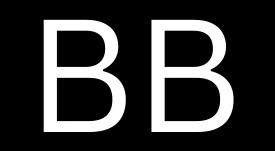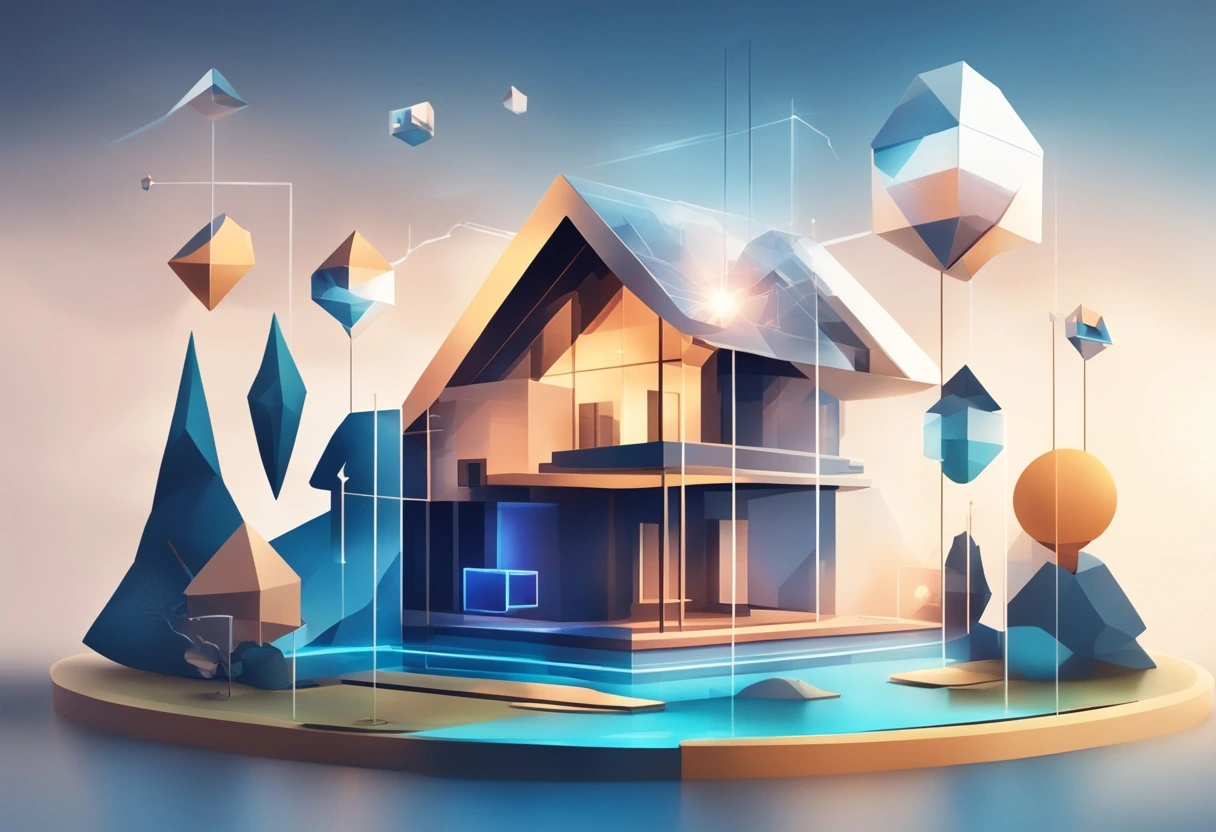For decades, the dream of owning a home has been tied to one major financial tool: the mortgage. In most parts of the world, people save for years just to afford a down payment, and then spend decades repaying a loan that often feels like a life sentence. Mortgages are necessary for many families, but they also come with high interest rates, endless paperwork, and limited flexibility.
But what if there was another way? Imagine being able to buy a share of a home, or even multiple homes, with the same ease as buying a stock or a cryptocurrency. Imagine a future where owning property is not about signing piles of bank documents but about holding digital tokens that represent real assets. This is the promise of tokenized real estate, and many experts believe it could challenge or even replace traditional mortgages in the coming decade.
In this article, we will explore what tokenized real estate means, how it works, why it is becoming a hot topic in finance, and how it could change the way people buy homes and invest in property.
What is Tokenized Real Estate?
Tokenized real estate is the process of turning a property or a share of a property into digital tokens on a blockchain. Each token represents a fraction of ownership in the property. These tokens can be bought, sold, or traded just like cryptocurrencies or stocks.
Read Also: Micro-Credentials vs Traditional Degrees: Which Will Shape the Future of Global Careers?
Think of it this way: Instead of one person needing to buy an entire house, a property worth $500,000 can be divided into 500,000 tokens, each worth $1. Anyone can buy as many tokens as they want, depending on their budget. The tokens are stored securely on the blockchain, which means ownership records are transparent and cannot easily be altered.
Companies like RealT in the United States and Propy have already started offering tokenized real estate investments, allowing people to buy fractions of rental properties and earn a share of the rental income. This is still in its early stages, but it shows the potential of blockchain technology in the property market.
Why Traditional Mortgages Are Becoming Outdated
Mortgages have been around for centuries, and they have helped millions of people become homeowners. However, they are also full of challenges that make them unattractive to many, especially younger generations. Some of the major problems with traditional mortgages include:
- High interest rates: Many people end up paying more than double the original loan amount because of long repayment terms and interest charges.
- Slow process: Applying for a mortgage can take weeks or months, with countless documents and approvals.
- Strict requirements: Banks require good credit scores, stable jobs, and proof of income, which many people do not have.
- Limited flexibility: Once you take a mortgage, it is not easy to switch or reduce the burden without penalties.
- Risk of foreclosure: If you fail to pay, you lose the home and your investment.
Because of these issues, many people are looking for alternatives. Tokenized real estate presents itself as a fresh option that could make property ownership more accessible and less stressful.
How Tokenization Could Change Real Estate
Tokenization has the power to completely reshape how we think about property ownership. Here are some of the ways it could solve the problems of mortgages:
1. Fractional Ownership
You do not need to buy a whole house. You can buy tokens that represent just a portion of it. This allows people with limited money to still participate in real estate, something that was previously impossible without huge savings.
2. Easier Access to Global Properties
With tokenized real estate, a person in Nigeria could invest in a property in New York or London without traveling or dealing with complicated foreign banking systems. Blockchain removes the barriers of geography.
3. Liquidity in Real Estate
Traditional real estate is illiquid. If you own a house and want to sell, it may take months. With tokenized property, you can sell your tokens almost instantly in a digital marketplace.
4. Smart Contracts for Transparency
Smart contracts can automatically enforce agreements. For example, rental income can be divided and distributed automatically to all token holders without middlemen.
5. Lower Transaction Costs
Banks, agents, and lawyers often take a huge share of costs in traditional real estate transactions. Blockchain can cut down on these costs significantly.
Challenges of Tokenized Real Estate
As exciting as it sounds, tokenization is not without risks. It is important to present a balanced picture so readers can understand both sides.
- Regulation issues: Governments are still trying to figure out how to regulate tokenized assets. This uncertainty may slow adoption.
- Trust and adoption: Many people are still skeptical about blockchain technology, especially after hearing about scams in crypto markets.
- Security risks: If not handled properly, tokenized platforms can be hacked, leading to loss of funds.
- Valuation problems: How do you set the right value for tokens? Unlike stocks, real estate pricing can be complex.
Despite these challenges, the trend is moving forward. More institutions and startups are exploring this model, which means solutions to these problems are being developed.

What Could the Next Decade Look Like?
The next ten years could be a turning point for real estate. Here are three possible scenarios:
Scenario 1: Banks Adopt Tokenization
Instead of fighting against it, banks could embrace tokenized real estate. They could create their own platforms and allow customers to buy property tokens while still offering loans where necessary.
Scenario 2: Peer-to-Peer Real Estate Ownership
Individuals could bypass banks altogether and use blockchain-based platforms to directly buy, sell, and manage property tokens. This could reduce the role of traditional financial institutions.
Scenario 3: Hybrid System
The most likely scenario is a hybrid system where both traditional mortgages and tokenized real estate exist side by side. Over time, tokenization may dominate investment properties, while mortgages remain for personal home buyers who want full ownership.
Why You Should Care About Tokenized Real Estate
For readers, the main question is: “How does this affect me?” The answer depends on your goals.
- If you are an investor, tokenized real estate opens the door to new opportunities with less capital. You can diversify your portfolio globally.
- If you are a first-time buyer, this could be your chance to own a piece of property without committing to decades of debt.
- If you are a business owner in finance, this is a growing industry where early adopters could build profitable platforms and services.
The impact goes beyond individuals. Tokenization could reshape cities, economies, and even how wealth is distributed. It could make property ownership less exclusive and give more people a chance to participate.
What Experts Are Saying
Several financial experts and technology blogs have pointed out that real estate tokenization is one of the biggest opportunities in blockchain. For example, RealT Blog has discussed how fractional ownership is changing rental income distribution. Similarly, Propy’s Insights have highlighted how blockchain can cut down property fraud.
Next Article: 10 Luxury Cars That Define Lifestyle in 2025: A Blend of Comfort, Class, and Innovation
By combining these contributions with ongoing industry developments, it is clear that tokenization is not just a trend but a real movement that could redefine the housing market.
Mortgages have been the backbone of real estate ownership for centuries, but they are no longer the only option. Tokenized real estate is showing us a new path where property ownership is simpler, more flexible, and open to more people around the world.
The road ahead is not without challenges, but the possibilities are too big to ignore. As blockchain continues to evolve, we may soon live in a world where owning property is as easy as buying a share in a company or investing in Bitcoin.
In the next decade, tokenized real estate could move from being an experimental idea to becoming the new normal. And when that happens, the traditional mortgage as we know it might finally take a back seat.

